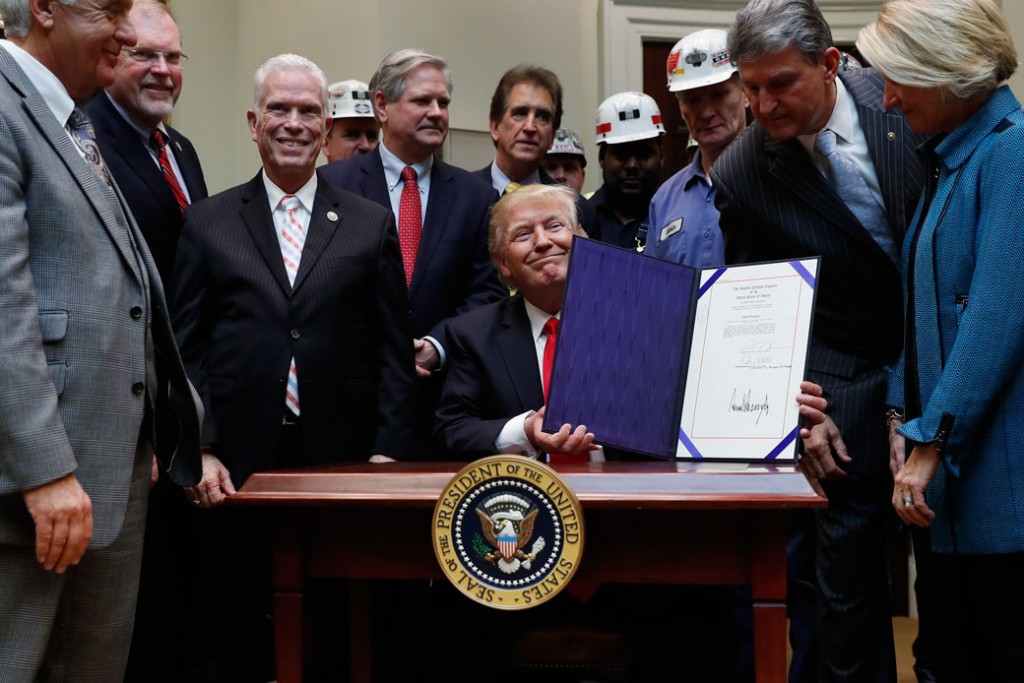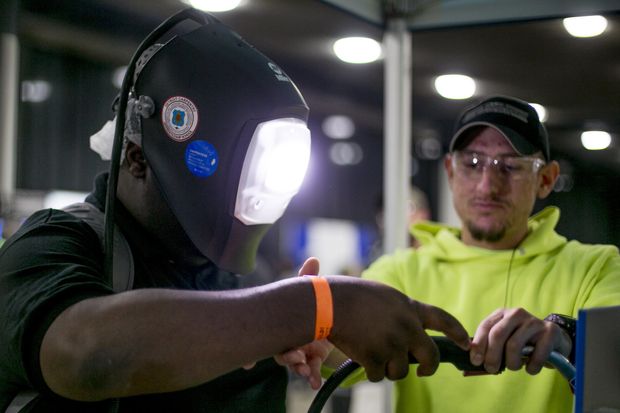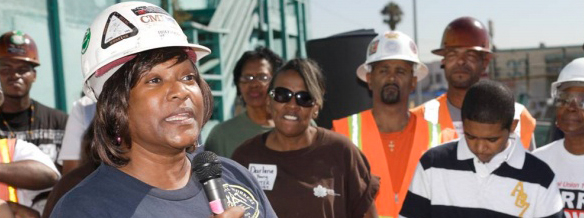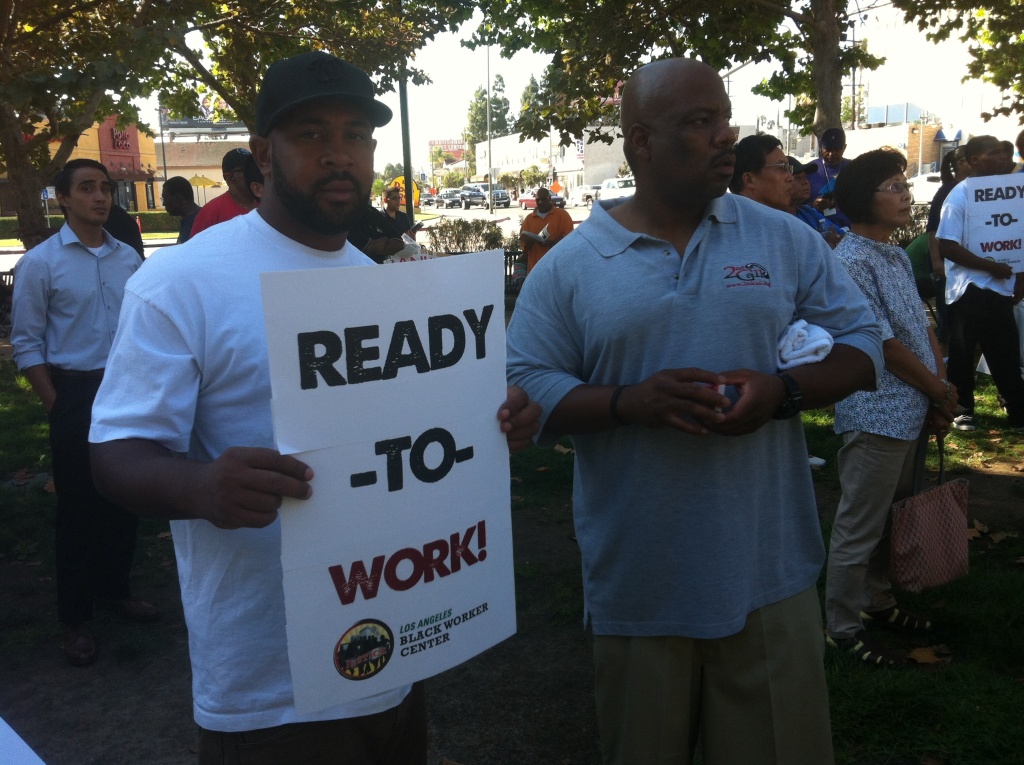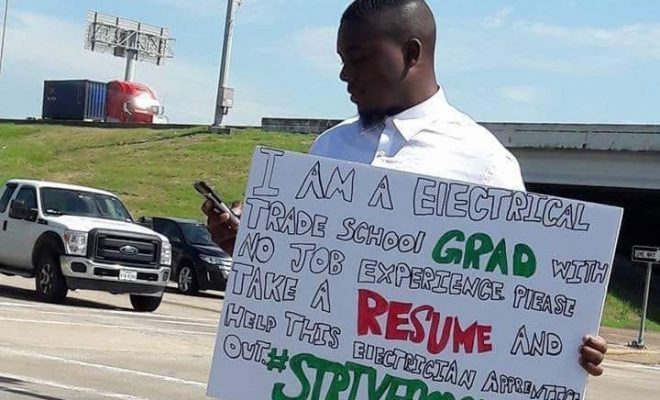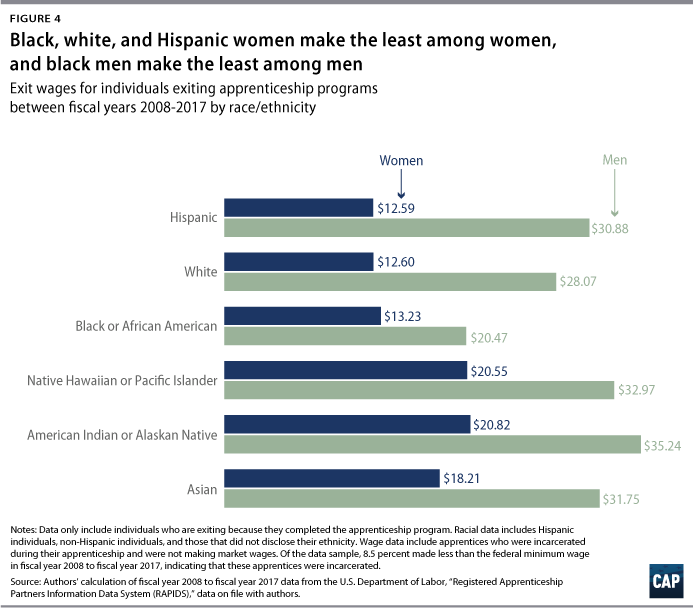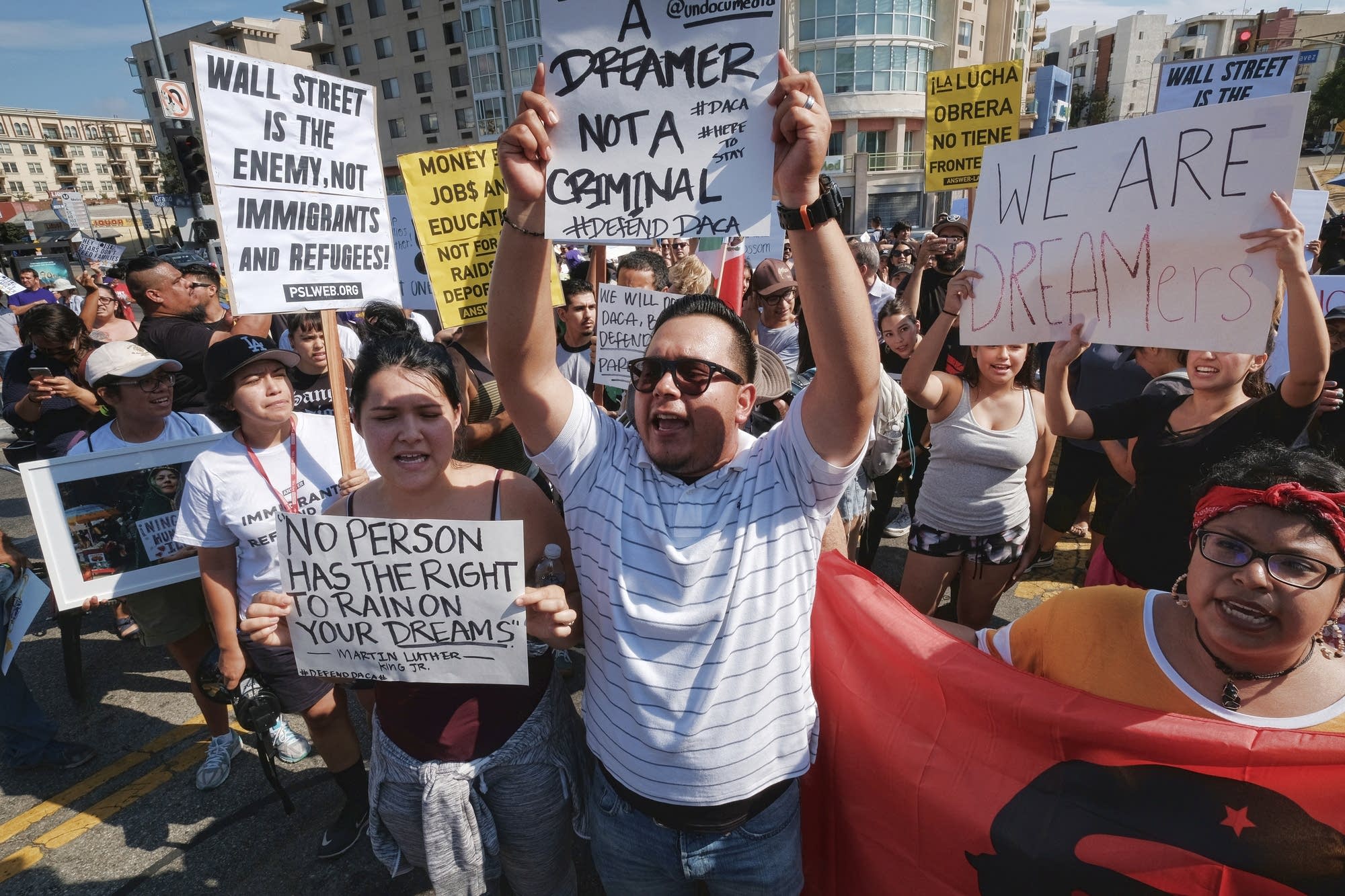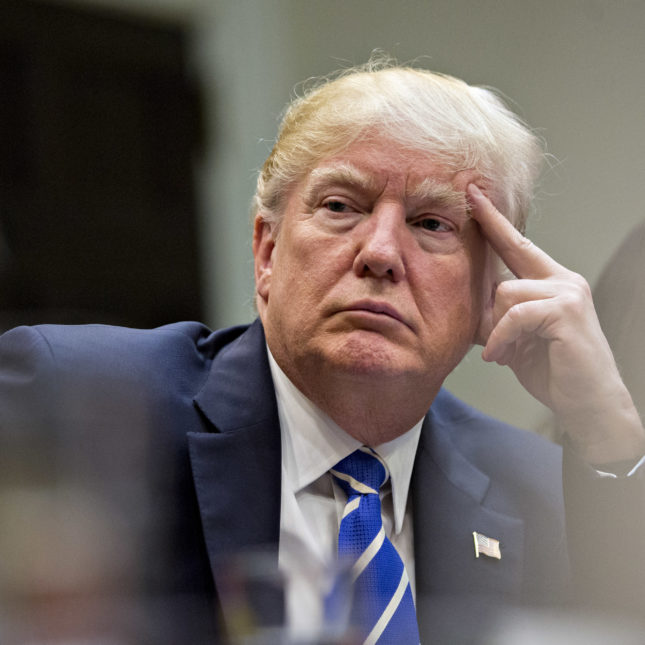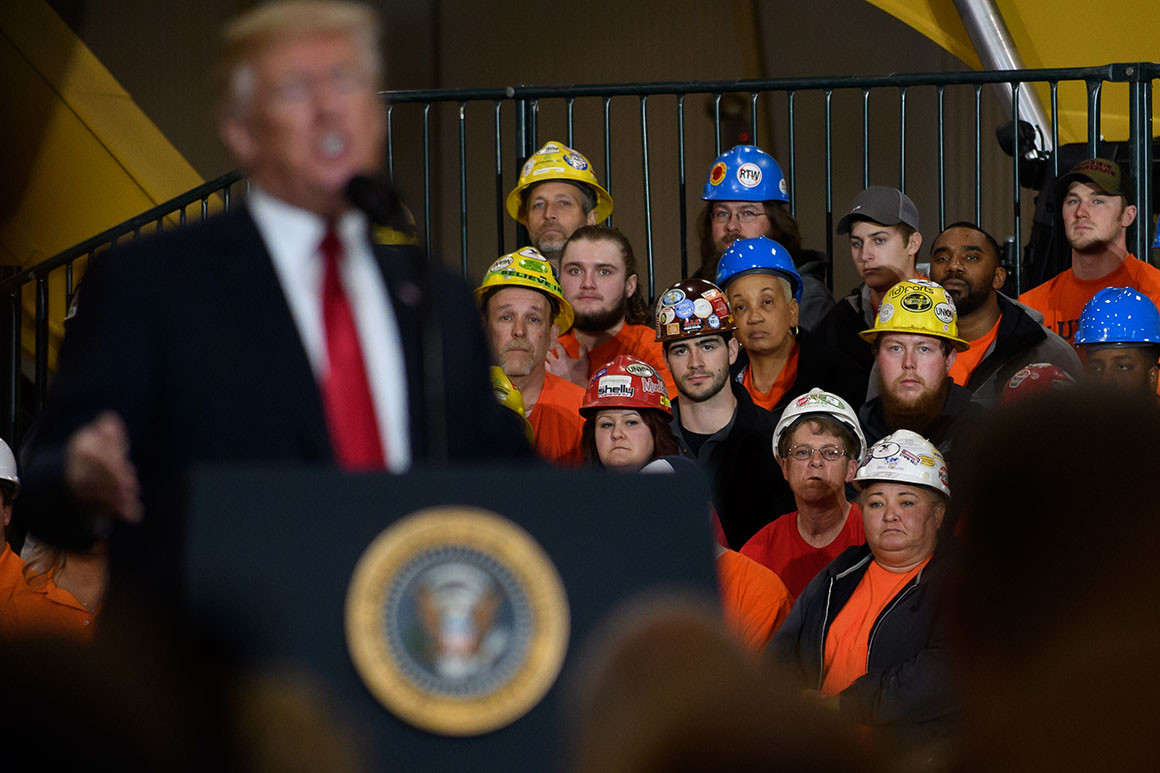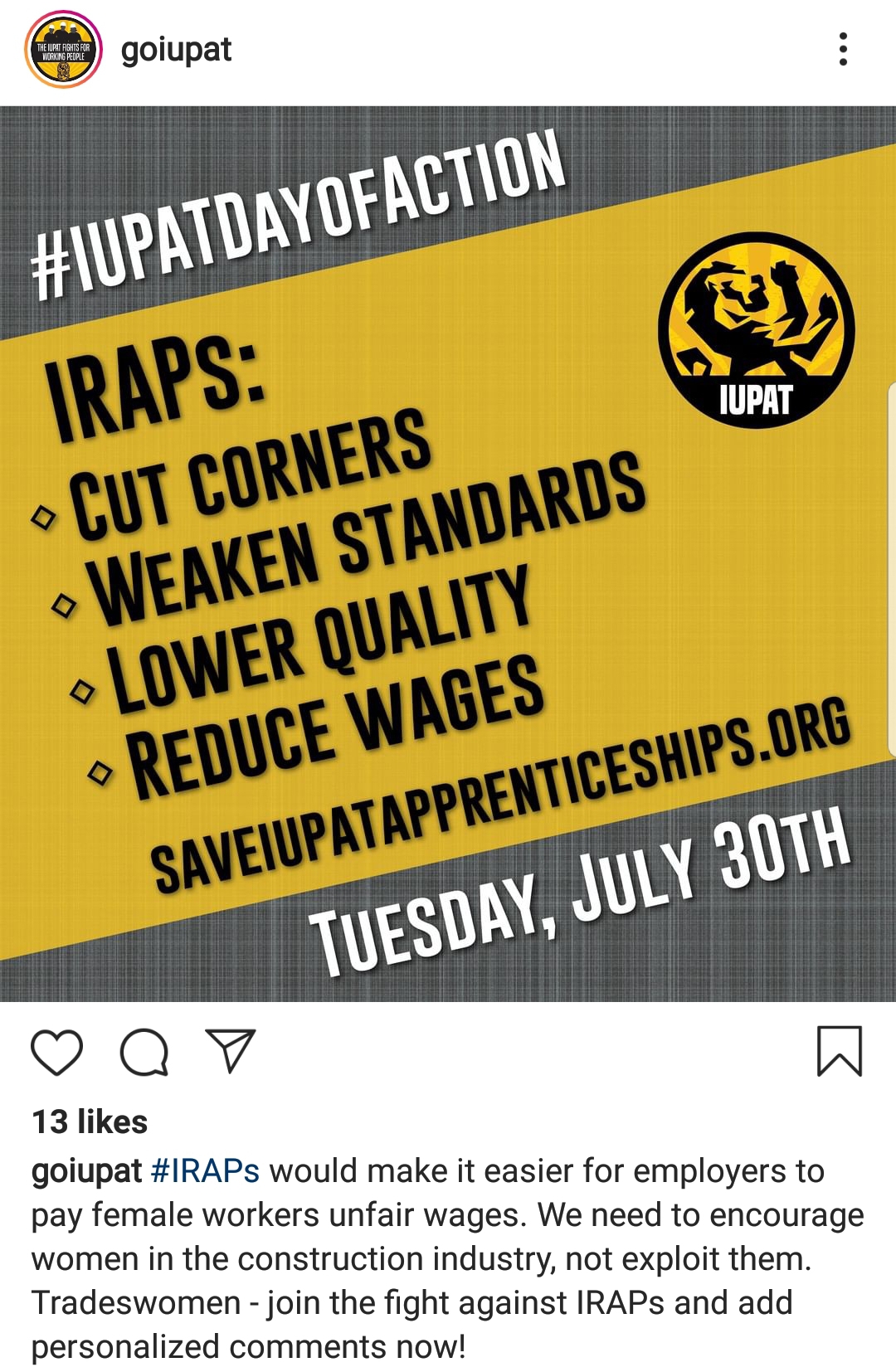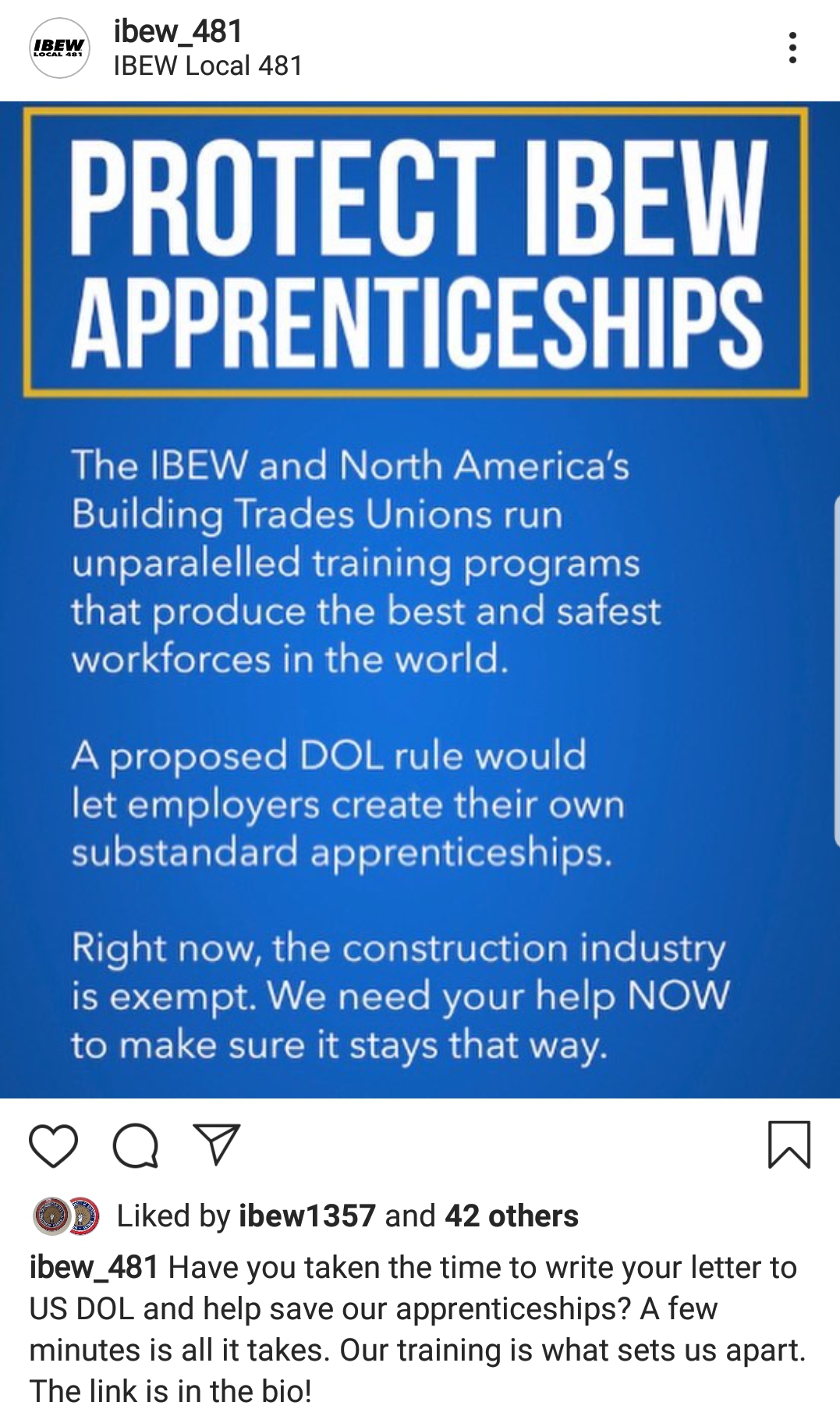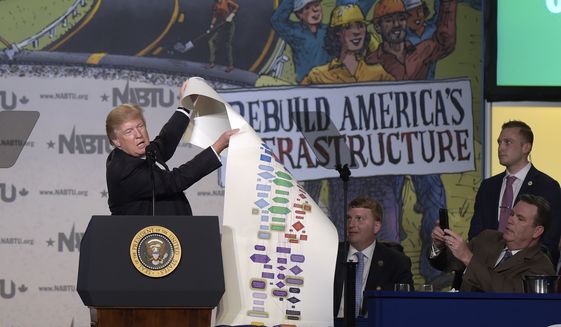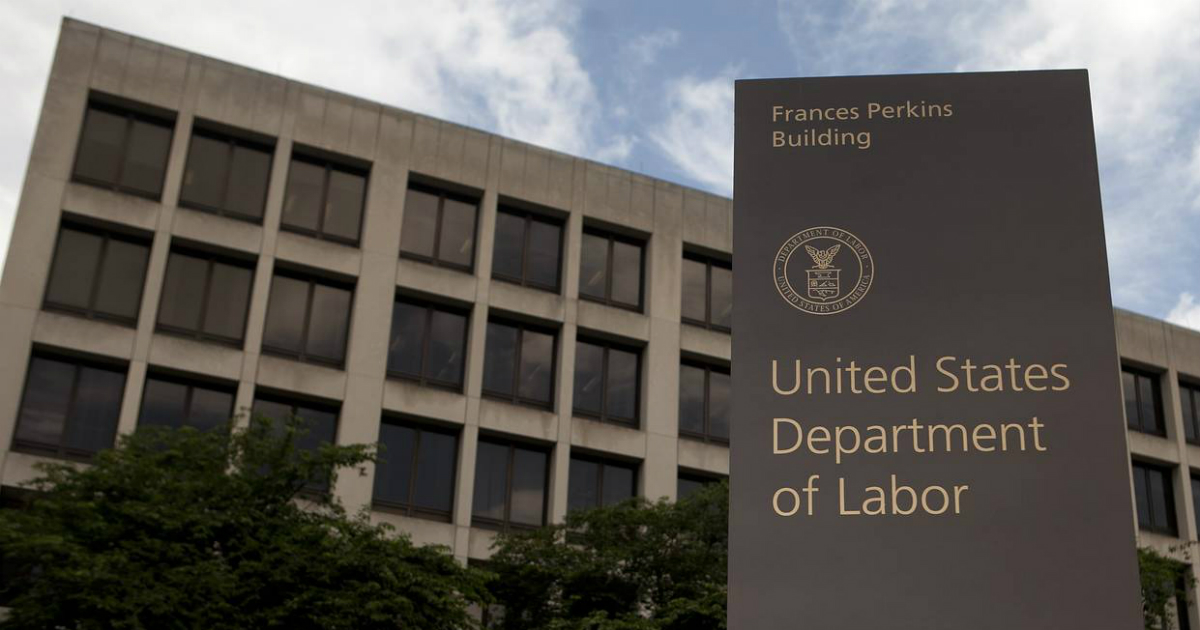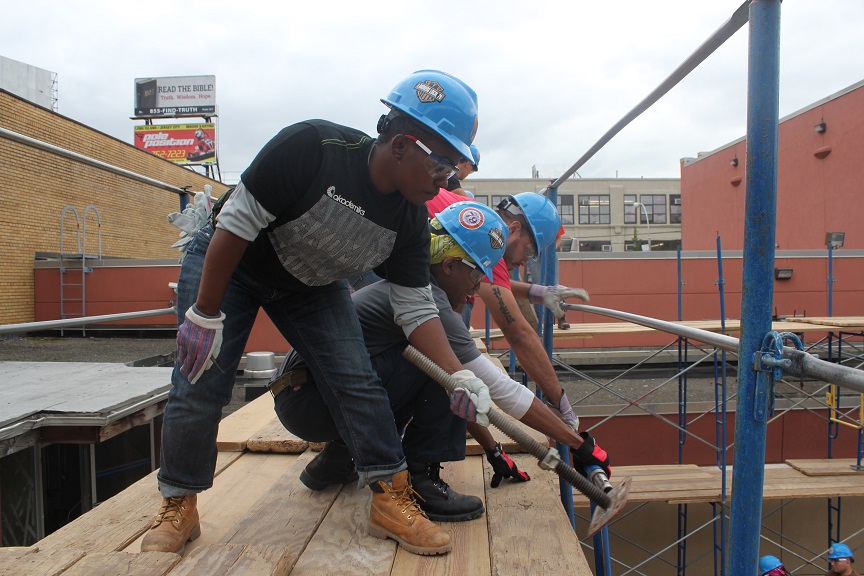HOW TRUMPS IRAP's WILL AFFECT BLACK APPRENTICES AND LABOR UNIONS
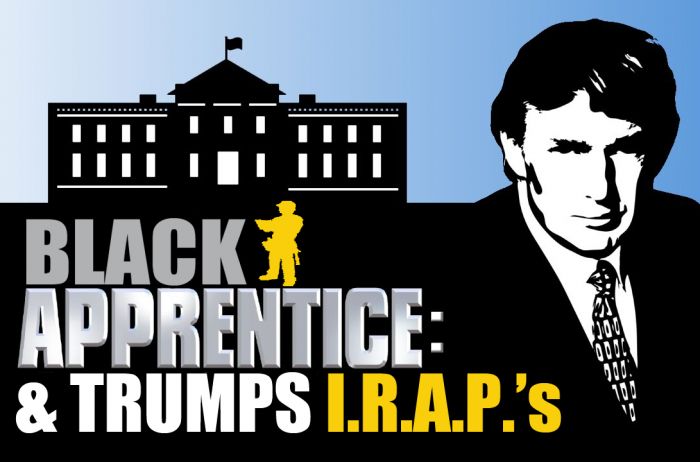
Apprenticeship programs can and should be a broadly
accessible path to high paying careers that pay a living wage. However,
currently, too many workers, particularly black/African American workers - face
difficulties accessing these programs, especially the programs that pay the
highest wages.
The U.S. system of registered apprenticeship has been responsible for putting more Americans into the middle class over the last 80 years, than any other form of education in the U.S.
Apprenticeship is, hands
down, the country’s most effective education and employment model, especially
for the construction industry. Imagine earning a quality education, graduating
with no debt, and transitioning directly into a career paying more than $60,000
a year, this is a reality for most apprentices in America.
But, in contrast to the German and Swiss apprenticeship
systems, where upwards of half of all young people, millions of them are
prepared for a range of careers through apprenticeship; whereas the American
system serves just over a half a million apprentices in any given year, and
prepares them primarily for careers in the skilled trades.
Aside from the traditional construction related apprenticeships, the Trump administration over
the past 2 and a half years has embarked on a mission of expanding
apprenticeship programs into new industries, such as health care and
information technology, with a goal of better connecting these apprentices to
higher education.
The Trump administration in fact, is building an entirely
new system of ‘industry-recognized apprenticeship programs,’ or IRAPs.
TRUMPS IRAP’s ARE
EXPECTED TO CHANGE THE GAME
IRAP was born out of President Donald Trump’s 2017 Executive
Order to Expand Apprenticeship in America.
In section 8 of the order, the Secretary is directed to establish a Task
Force on Apprenticeship, bringing together industry and workforce leaders to
consider how to promote apprenticeships especially in sectors where they are
insufficient.
The Presidents program is designed to expand apprenticeship
opportunities and give business more say in crafting training programs.
Although the construction industry is lacking trained, qualified skilled
workers at a record number, in its roll out, the administration will exclude
the construction industry from participating in the IRAP.
Effectively, privately ran IRAP’s will massively overhaul
apprenticeship regulations, and be governed by a distinct set of new
requirements, and quality-assurance processes that, the administration argues,
will make it easier for sectors like IT and health care to adopt apprenticeship
programs, and closely institute them under federal employment guidelines, such
as anti-discrimination policies which for years have been outright ignored by
some unions and privately recognized apprenticeship programs.
As the Trump administration continues to make investments
necessary to grow apprenticeship programs, their policies must center on
helping black workers, and other underrepresented groups to ensure equitable
access.
There is a lack of resources and social networks in the
black/African-American community to get into many high paying jobs, especially
those that lead to long-term careers like the one’s apprenticeships provide.
Apprenticeship programs offer one of the few career pathways
to people without college degrees, with few skills or with criminal records.
But entry into union ran apprenticeship programs are extremely competitive.
For the highest-earning apprenticeship programs, like electrical and sheet metal work, applicants must pass an entrance examination that tests math skills, among other abilities, and then interview for these positions under adverse scenarios, many times battling internal hiring practices such as nepotism.
This is why the Trump administration and the DOL
must include the construction industry into it’s IRAP initiative.
BLACK APPRENTICES FACE DISCRIMINATION
Although, Registered Apprenticeships are apprenticeship
programs that are registered with the DOL and are governed by regulations laid
out under the National Apprenticeship Act.5, and although these regulations lay
out labor standards for these programs and govern their Equal Employment
Opportunity (EEO) rules, many black/African American apprentice file
complaints, and lawsuits claiming damages due to massive amounts, and sometimes
organized acts of discrimination and exclusion from federally recognized
apprenticeships.
Currently, EEO rules prohibit apprenticeship sponsors - typically employers or unions—from engaging in discrimination, as well as require them to take affirmative steps to ensure EEO, including efforts to recruit from a broad pool of potential apprentices. Furthermore, programs with five or more apprentices are required to develop a written affirmative action plan and conduct an apprenticeship utilization analysis to ensure that they are drawing adequately from the local pool of available workers.
Yet in 2017, 63.4 percent of individuals who completed
Registered Apprenticeship programs were white, 10.7 percent were Black/African American, and 20.5 percent did not provide their race to their
Registered Apprenticeship sponsor at all.
According to many studies, one challenge in identifying
trends in apprenticeship participation by ethnicity and race is that the share
of those who do not provide their ethnicity or race. The lack of reporting has
increased significantly over time with Hispanics, with 29 percent of Hispanic
apprentices refusing to provide their Hispanic ethnicity in 2017—up from 3.3
percent in 2008.
Policymakers insist that this issue should be resolved immediately as more accurate data on the racial and ethnic composition of apprentices are necessary to conduct a fair equity analysis.
BLACK APPRENTICE FACE
UNFAIR COMPETITION
In many cases after completing stringent and intense union
ran apprenticeships, black/African-American apprentices find it difficult to
find work.
Black/African American apprentices had the lowest exit wages
of all racial and ethnic groups examined, at $14.35 per hour in fiscal year 2017.
White apprentices had the second-lowest earnings at $26.14; although white apprentices earned more than 50% more than Black/African American apprentices’ wages.
Median wages for Hispanics/Latinos completing apprentices
were the highest as they earned around $30 per hour.
One of the reasons that wages for Hispanics/Latinos apprentices are so much higher may be that they are more likely than black and white apprentices to complete their apprenticeship programs in Western states versus the south.
From fiscal year 2008 through fiscal year 2017, exit wages
for apprenticeship programs were highest in Western states at $32.50 and lowest
in the Southern states at only $20.80.
DACA
Another reason for the huge difference in wages amongst Black and Hispanic apprentices can also be attributed to large populations of 'non-citizen Hispanic' workers in Western states that are participating in the workforce,aat the union and non-level.
Many DACA recipients are also members of union ran apprenticeships, using employment
authorization cards (work permits), often issued through the Deferred Action
for Childhood Arrivals program known as DACA that President Barack Obama created
in 2012.
The DACA program, which was established without congressional approval, has protected 670,000 undocumented immigrants from deportation and enabled them to get work permits, and enter into apprenticeships, these people are commonly referred to as 'DACA recipients'. or'Dreamers.'
This work permit not only gives illegal alien workers the right to work in the U.S., it also creates unfair competition for native born, foundational black American apprentices seeking employment in the same trade fields.
The Trump administration and his justice department is preparing to end the DACA program altogether, which has prompted the Supreme Court to intervene, the court’s decision on rather its lawful for Trump to end the DACA program iexpected to be decided in the midst of the 2020 presidential election.
HOW WILL TRUMP
FIND FUNDING FOR IRAP’s?
“I don’t think
there’s going to be any takers because there’s no money,” a trade group
lobbyist told Bloomberg Law.
The Labor Department’s (DOL) announcement about the
implementation of this new nationwide apprenticeship program has some unions
and trade groups at arms with the department. Although the Trump administration
has not allocated any federal funding for these IRAP’s, that may be changing,
as it seems increasingly likely that the IRAP programs will become eligible for
federal funding.
According to Bloomberg Law, the Labor Department has a few
places where it can look for cash to fund IRAP grants if Congress decides not
to specifically appropriate money for the program.
That includes using funds allotted for the H-1B visa
program, which the DOL has wide latitude to spend as it sees fit. The H-1B visa
program offers temporary employment permits to foreign workers in the U.S. tech
jobs and other specialized occupations.
President Trump has mentioned his planned overhauls for the
H-1B program in the past, and has stated that he may reallocate funds from this
program to benefit American workers thru IRAP’s. In fact, late last summer, DOL
issued a funding opportunity announcement (FOA) outlining $150 million in grant
awards for apprenticeship programs, derived from fees paid by employers to
sponsor H-1B visas for workers coming from abroad.
Congress, both republicans and democrats, continue to demonstrate
their support for expanding apprenticeship programs. In 2016, DOL received $90
million in the first-ever congressional appropriation targeted specifically at
apprenticeship expansion. Since then, this amount has climbed steadily—$95
million in FY 2017, then $145 million in FY 2018, then $160 million in FY 2019.
And, although the Department of Labor has established that
IRAPs will not initially affect the construction industry or military apprenticeships,
many labor unions see IRAP’s as a future threat to their long established apprenticeship
programs.
UNIONS PREPARE FOR
WAR
Jim Reid, the apprenticeship director for the International
Association of Machinists, said the DOL’s efforts to fast-track the establishment
of IRAP’s has purposefully left out many union voices.
While many unions and trades groups are arguing that
privately ran IRAP’s pose a threat to their established apprenticeship programs, that have been historically white,
many others argue that IRAP’s will offer opportunities, and specialized training
to black workers that are employed more than 50% as non-union workers, and are
excluded from union ran apprenticeships at alarming numbers.
Worried that IRAP regulations and accrediting standards will
eventually crossover into the construction industry, many labor unions are
warning the Trump administration against such action. Union representatives are
warning Trump that if his administration winds up breaking from its commitments
to exclude construction in the proposed rule, the building trade unions are
prepared to abandon their support of Trump.
A brief look at many labor uniots twitter and Instagram pagess over the weekend show that union leadership is preparing to mount a public campaign attacking IRAP’s and the administration for what they feel will undermine union-protected wage and safety standards, a building union lobbyist told Bloomberg Law.
At the moment some White House officials have been advocating for construction industry inclusion, a reversal on what Trump initially proposed, analit is alienating the blue collar organized union labor groups that Trump has been, and will be counting on for support in his 2020 re-election bid.
In it’s current form, the national apprenticeship system
sponsors of programs - employers, unions, community colleges - have to register
with a state or federal apprenticeship agency that, in turn, determines whether
their programs meet a set of regulatory requirements on things like program
length, balance of on-the-job training versus classroom instruction, and the
apprentices’ wages and working conditions.
IRAP REGULATIONS & UNION APPRENTICESHIPS
Under the Trump administration’s proposal, programs could seek formal recognition from the Labor Department through a new system of “program accreditation.”
To accomplish this, the Labor Department is planning
to recognize more than 70 individual IRAP “accreditors” and grant them
authority to determine if a program meets a set of high-quality apprenticeship
standards that the department spelled out earlier this year.
NABTU, an umbrella group within the AFL-CIO that represents
15 individual building trade unions, has supported the Trump administration,
but that would all change if builders, mainly non-union builders are allowed to
take part in IRAP, a building trade’s official said. At that point, the trade
unions would organize members to accuse the administration of betraying
commitments to blue collar workers, the official said, speaking with Bloomberg
Law on condition of anonymity.
Yet, the administration contends that The National Apprenticeship Act (NAA), 29 U.S.C. 50, authorizes the Secretary of Labor “to bring together employers and labor for the formulation of programs of apprenticeship. The U.S. Department of Labor (the Department or DOL) proposes doing so through a new program recognizing Standards Recognition Entities (SREs) of Industry-Recognized Apprenticeship Programs (Industry Programs).
This
new program is intended to harness industry expertise and leadership to meet
the United States’ skills needs in the twenty-first century.
Opponents of IRAP’s also argue that the proposed quality-assurance process for IRAPs closely resembles the national accreditation system of for-profit career colleges and trade schools.
Unions and other opponents of IRAP's say that IRAP’s will not be properly regulated for quality-assurance by the government, and will enable the rise of multiple accreditors with overlapping jurisdictions and competing standards, and will not provide clear mechanism for holding accreditors or programs accountable for poor outcomes.
In response the DOL proposes that the new IRAP Standard
Recognition Entities (SREs) will be recognized for 5 years. The SRE must
reapply if it seeks continued recognition after that time, using the same
application form it submitted initially. The Department proposes a 5-year time
period to be consistent with best practices in the credentialing industry.
IN CONCLUSION
The President and policymakers working to expand apprenticeships
should also work to eliminate occupational segregation in apprenticeship
programs to ensure that black/African-Americans have access to apprenticeship
programs in the highest-paying occupations.
Policymakers should also ensure that new IRAP regulations include the construction industry, while also ensuring apprenticeship programs
are required to comply and support wage progression policies that help ensure
that the highest-wage programs remain well-paying.
Furthermore, policymakers should seek to expand
apprenticeships into new industries, such as IT, healthcare, and childcare,
while increasing wages across the board.

